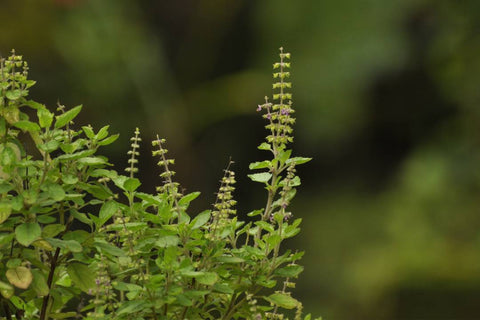In recent times, the global community has witnessed a concerning surge in pneumonia cases, with particular attention drawn to the situation in China. As nations like India respond by fortifying their health infrastructure, individuals must also take proactive measures to safeguard themselves against this respiratory infection. This blog aims to provide a comprehensive guide to building immunity, incorporating key elements that you can easily incorporate into your daily life.
The recent increase in pneumonia cases has underscored the importance of individual health in the face of evolving public health challenges. In response to this, nations like India are heightening their efforts to build the necessary health infrastructure. However, the role of personal immunity in preventing and mitigating the impact of pneumonia cannot be overstated.
Vitamin C:

Vitamin C, known for its immune-boosting properties, is a critical component of a resilient defense system. Found abundantly in citrus fruits like oranges and lemons, as well as in strawberries, kiwi, and bell peppers, this vitamin supports the production of white blood cells and antibodies. In the context of the current health scenario, ensuring an adequate intake of vitamin C-rich foods is a proactive step individuals can take to enhance their immunity.
Zinc:

Zinc plays a crucial role in immune cell function and antibody production. Nuts, seeds, legumes, and whole grains are excellent sources of zinc. As part of a general nutrition check, individuals should ensure that their diet includes these zinc-rich foods to support the immune system's ability to respond effectively to potential infections, including pneumonia.
General Nutrition Check:
A well-balanced and nutrient-rich diet is the foundation of a strong immune system. It's imperative to include a variety of whole foods in your daily meals. Emphasize fruits, vegetables, whole grains, lean proteins, and healthy fats to ensure a diverse intake of essential vitamins, minerals, and antioxidants. This not only aids in building immunity but also contributes to overall health and well-being.
Herbal Teas or Kadha: Ancient Remedies for Modern Challenges
Herbal teas or kadha are traditional concoctions with roots in Ayurveda, that offer a holistic approach to fortifying the immune system.
-
Turmeric:

Known for its anti-inflammatory and antioxidant properties, turmeric is a key ingredient in kadhas and herbal teas. Incorporating turmeric into your diet can help modulate the immune response and provide additional protection against respiratory infections. -
Ginger:

With its antimicrobial and anti-inflammatory properties, ginger is a versatile herb that can be included in herbal teas or kadhas. It aids in respiratory health and can provide relief from symptoms associated with pneumonia. -
Tulsi (Holy Basil):

Revered for its immune-boosting and antiviral properties, Tulsi is a staple in Ayurvedic remedies. Enjoying tulsi tea or incorporating fresh tulsi leaves into your routine can enhance your body's natural defenses. -
Cinnamon:

This aromatic spice adds flavor and contributes antimicrobial properties. Including cinnamon in your herbal teas or kadhas can be a flavorful way to support your immune system.
Strengthening Lifestyle Factors:
Apart from nutritional considerations, lifestyle factors play a crucial role in building and maintaining a robust immune system:
- Regular Exercise: Engaging in regular physical activity has been linked to enhanced immune function. Aim for at least 150 minutes of moderate-intensity exercise per week to bolster your body's defenses.
- Quality Sleep: Adequate sleep is vital for overall health and immune function. Strive for 7-9 hours of uninterrupted sleep each night to allow your body to regenerate and strengthen its defenses.
By adopting a holistic approach that addresses both nutritional and lifestyle factors, individuals can actively protect themselves against respiratory infections, contributing to their well-being and the broader health of their communities.




